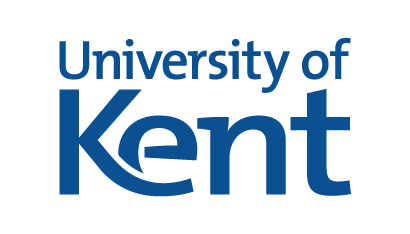How Well Does International Human Rights Law Serve Marginalised People?
Posted 2 years 4 months ago by The University of Kent
Uncover the shortcomings of international human rights law
On this four-week course from the University of Kent, you’ll delve deeper into universality claims, specifically examining marginalised groups, asking how well international human rights law serves them.
Explore women’s rights and the gaps in their protection
The provisions in UN human rights treaties have been deemed inadequate to the task of protecting women’s human rights. In particular, scholars and activists have called for a separate treaty addressing violence against women. The first week of this course will guide you through the importance of the human rights of women, focusing on discrimination and violence against women.
Examine poverty and inequality in the 21st century
Scholars have claimed that the greatest human rights deficits globally are heavily concentrated among the world’s poor. When people talk about human rights generally, the chances are they are referring to civil and political rights, such as freedom of expression or the right to a fair trial. What about other rights such as the right to health or education?
This week, you’ll examine economic, social, and cultural rights and how they aim to protect those facing poverty and inequality. You’ll also look at the impact globalisation has on the world’s poor.
Learn about the impact of the law on refugees and migrants
The final two weeks of this course will take you through the human rights of asylum seekers, refugees, and irregular migrants. You’ll examine the Refugee Convention and its shortcomings. You will also examine the many ways that states prevent people from arriving in the country of destination and the devastating impact this can have on migrants and their human rights.
You’ll finish this course by completing an assignment arguing your perspective on one of the topics covered in this course.
This course is designed for anyone working for national and international governmental and non-governmental organisations, as well as lawyers looking to deepen their knowledge base.
This course is designed for anyone working for national and international governmental and non-governmental organisations, as well as lawyers looking to deepen their knowledge base.
- Demonstrate knowledge and understanding of what constitutes international human rights law, its norms, systems and institutions.
- Explore the history of international human rights law.
The University of Kent - Latest Courses
The Imperial Forces on the Western Front: A Comprehensive Study
- 4 weeks
- Online
A Deeper Understanding of Autistic People
- 4 weeks
- Online
Autistic Students and Education: Creating an Inclusive Classroom
- 4 weeks
- Online
Autistic Health: Improving Access to Healthcare
- 4 weeks
- Online
Autistic People's Rights and the Law
- 4 weeks
- Online

